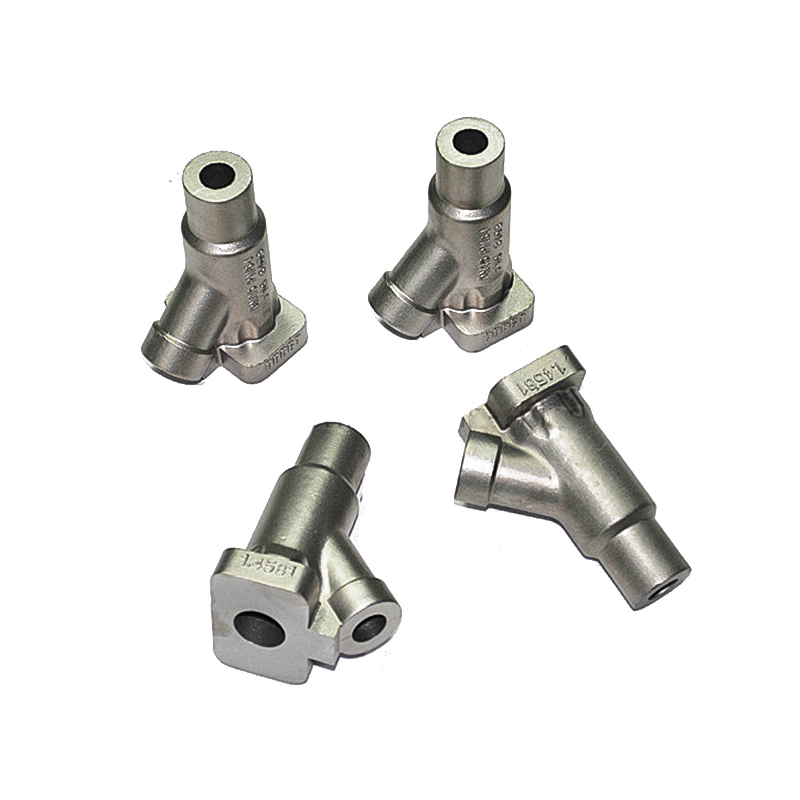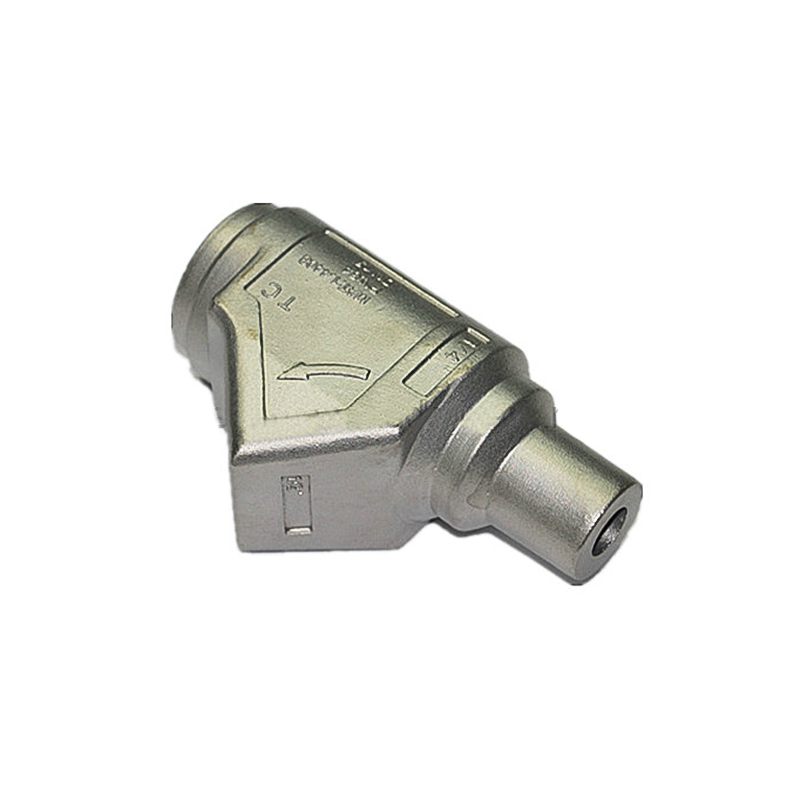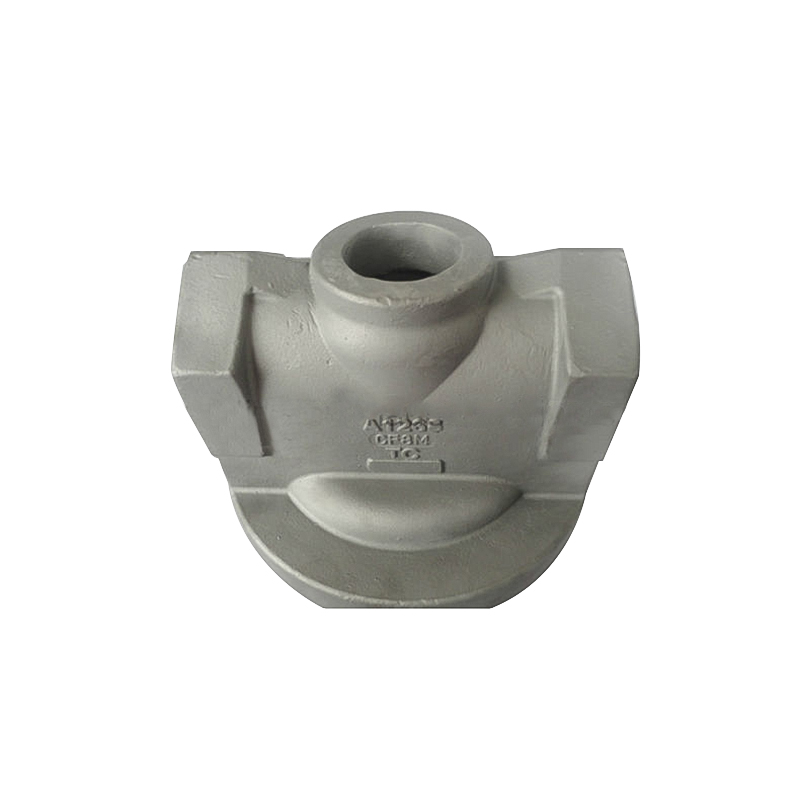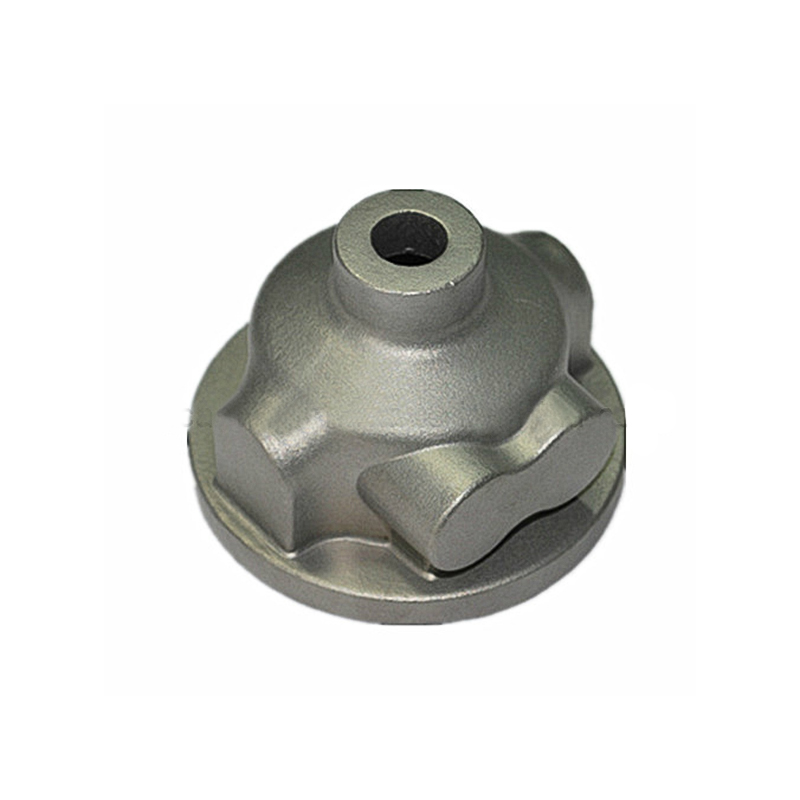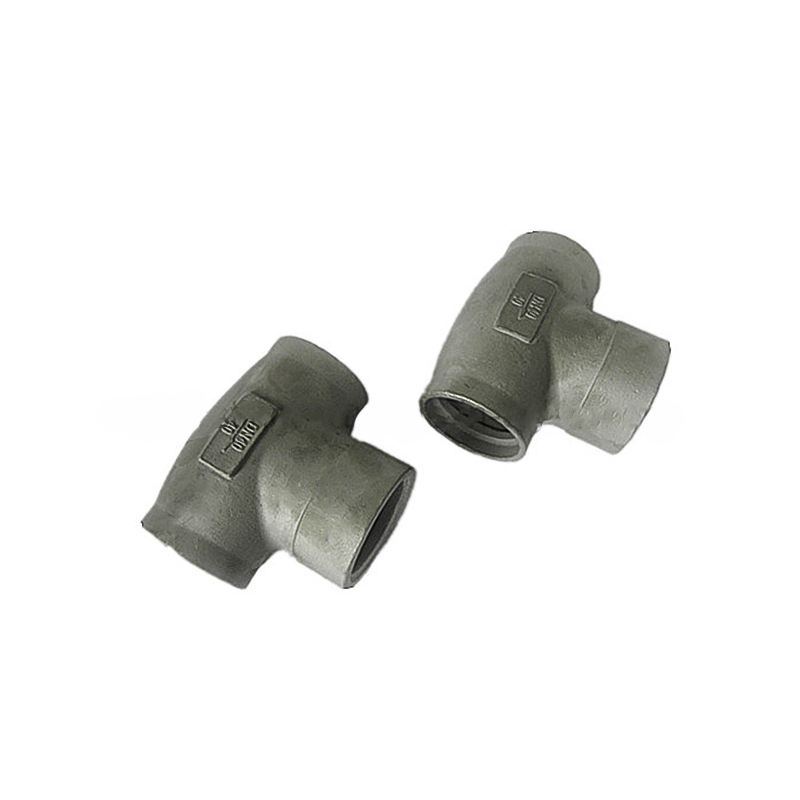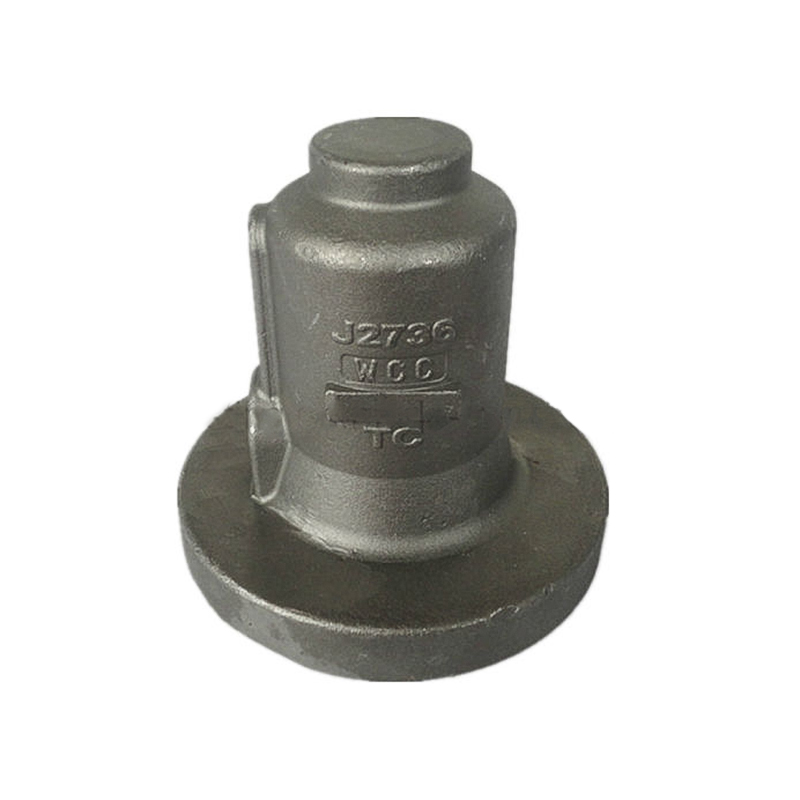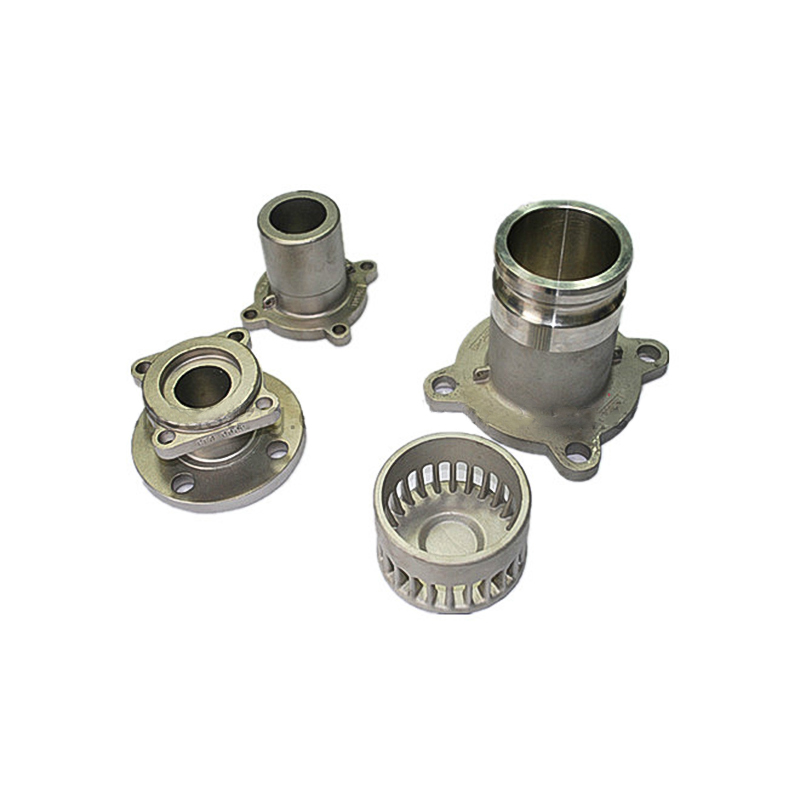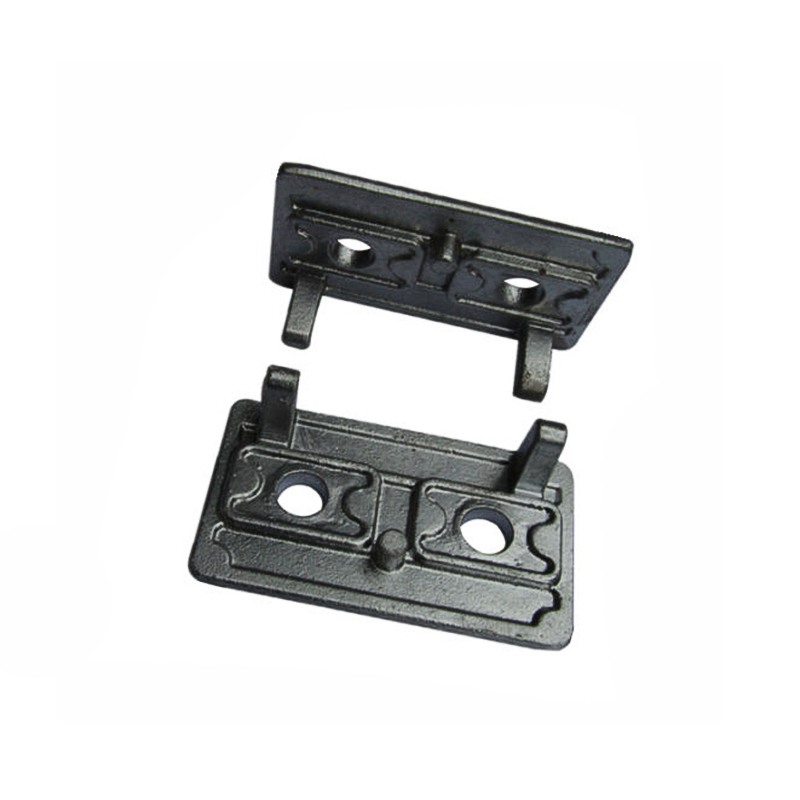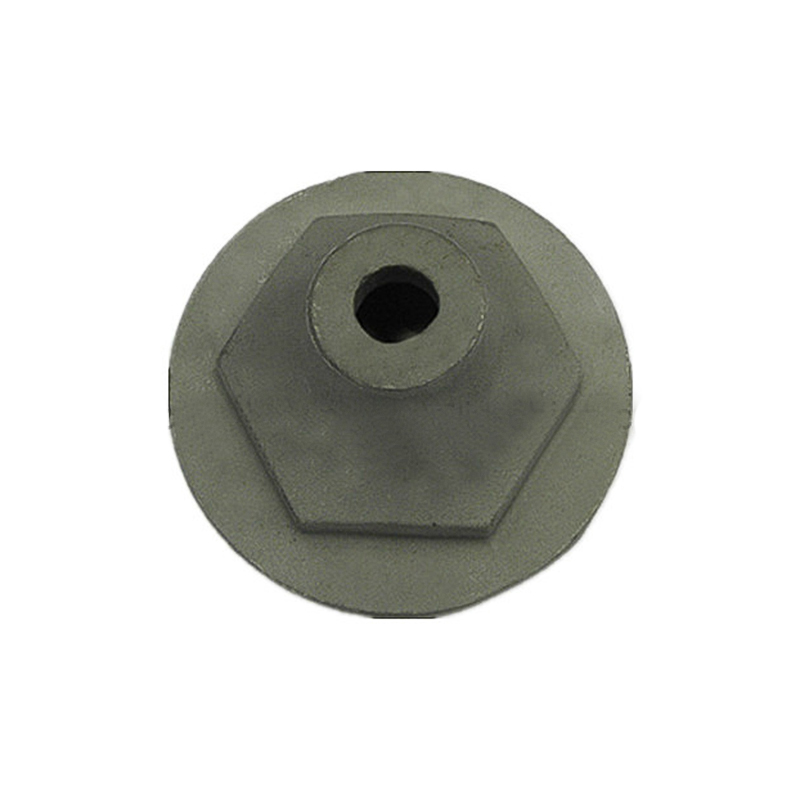The Rise of Customized Die Castings: How Tailored Solutions are Revolutionizing Manufacturing
In recent years, customized die castings have emerged as a pivotal solution in modern manufacturing, offering unparalleled flexibility and precision in product design and production. As industries across the board face increasing demands for complex, high-performance components at a competitive price, the ability to create tailored solutions has become a critical advantage. From automotive and aerospace to electronics and medical devices, customized die castings are reshaping the way products are made, ensuring efficiency, quality, and innovation.
Understanding Die Casting and the Shift to Customization
Die casting is a manufacturing process that involves forcing molten metal under high pressure into a mold (or die) to produce detailed, high-precision parts. It’s a method often chosen for its ability to produce complex shapes, tight tolerances, and high volumes of parts quickly and economically. Traditionally, die casting was used to produce standard parts such as engine blocks, housings, and casings.
However, in today’s highly competitive and rapidly changing market, businesses no longer want “one-size-fits-all” solutions. Instead, they seek customized die castings that can cater to their specific requirements. Whether it’s adapting the process to handle unique materials, creating parts with intricate designs, or tailoring the size and shape of components, customized die castings allow manufacturers to meet the diverse needs of their customers with precision and efficiency.
This shift towards customized die castings is driven by several key factors:
Increased demand for unique, complex designs: Many industries require parts that are no longer simple or standardized. For example, electronics manufacturers are demanding more intricate designs with enhanced heat dissipation, while automotive and aerospace industries require lightweight yet durable parts.
Rising competition and pressure on cost-effectiveness: Customized die castings can provide cost-effective solutions by optimizing material use and reducing the need for post-production processes like machining, which lowers labor costs and production time.
Technological advancements: Modern computer-aided design (CAD) tools, simulation software, and advancements in die casting technology have made it easier to create customized molds and produce complex parts that were previously difficult or costly to manufacture.
The Benefits of Customized Die Castings
Customized die castings offer several significant advantages that traditional die casting methods cannot match. These benefits are driving the growing adoption of tailored solutions across industries:
Precision and Complex Geometries
One of the most compelling reasons to use customized die castings is the ability to create highly complex shapes with tight tolerances. Traditional manufacturing methods like machining or injection molding may not be able to achieve the same level of detail or complexity, especially for parts with thin walls, intricate internal features, or unique geometries. Customized die casting allows designers to optimize their parts without sacrificing structural integrity.
Material Flexibility
Customized die castings offer greater flexibility in the materials used. While traditional die casting is often associated with materials like aluminum, zinc, and magnesium, the growing trend toward material customization allows manufacturers to use special alloys that offer superior strength, corrosion resistance, or lightweight properties. For example, automotive manufacturers may use custom aluminum alloys that improve fuel efficiency by reducing weight without compromising safety.
Increased Production Efficiency
The ability to create custom die castings using optimized designs can significantly improve production speed. Customized die casting processes can reduce the need for additional post-processing work, such as grinding or machining, which shortens lead times and lowers production costs. This increased efficiency allows manufacturers to quickly adapt to market changes or meet tight deadlines, a crucial benefit in today’s fast-paced business environment.
Cost-Effectiveness
Despite the initial investment in custom tooling and mold design, customized die casting can ultimately lower production costs. The process can produce parts in high volumes at a low cost per unit, especially when compared to other manufacturing methods like machining or forging. The precision and reduced need for secondary operations further reduce waste and rework, contributing to overall cost savings.
Enhanced Durability and Strength
Customized die cast parts are designed with durability and strength in mind, particularly in industries such as automotive, aerospace, and defense. The die casting process creates parts with uniform density and structure, which helps to improve strength, resistance to fatigue, and thermal conductivity. This is especially important for applications where performance and safety are paramount, such as engine components, structural elements, or heat-sensitive parts.
Sustainability
Incorporating sustainability into manufacturing is becoming increasingly important for companies that want to reduce their environmental impact. Die casting can be a more sustainable choice than traditional methods because it uses recyclable materials like aluminum and zinc. Furthermore, because die casting involves less material waste and offers higher precision, it can reduce scrap and energy consumption during production.
Applications of Customized Die Castings Across Industries
Customized die castings have found applications in a broad range of industries, each with its own set of challenges and demands. Here’s how different sectors are benefiting from the ability to create tailored die-cast parts:
Automotive Industry
In the automotive industry, manufacturers are constantly looking for ways to make vehicles lighter, stronger, and more fuel-efficient. Customized die castings allow automakers to produce lightweight, high-strength components, such as engine blocks, transmission parts, and chassis components, that meet strict safety and performance standards. Custom die-cast aluminum parts, for example, can help reduce vehicle weight, improving fuel efficiency and reducing CO2 emissions.
Additionally, die castings can be used for electrical components in electric vehicles (EVs), such as battery housings and connectors, where precision and heat resistance are crucial.
Aerospace
In aerospace, performance, weight, and safety are critical. Customized die castings provide high-strength, lightweight components that can withstand the extreme conditions encountered during flight. The aerospace industry uses die castings to produce parts such as turbocharger housings, gearbox cases, and structural components that require both durability and precision.
Electronics
As electronic devices become smaller and more powerful, manufacturers need components that can manage heat while maintaining strength and reliability. Customized die castings allow for precise, heat-dissipating enclosures for items like smartphones, laptops, and consumer electronics. The ability to integrate features such as cooling channels directly into the casting reduces the need for secondary processes and improves the performance of the final product.
Medical Devices
The medical device industry requires components that meet stringent regulatory standards while also offering durability and reliability. Customized die castings enable the creation of complex, precision medical components such as housings for diagnostic equipment, surgical tools, and implants. These parts must not only be lightweight but also biocompatible and resistant to corrosion.
Consumer Goods
In the consumer goods sector, customized die castings can improve both the functionality and aesthetic appeal of products. From kitchen appliances to furniture hardware, die cast parts can be used to create functional, durable, and attractive components that improve the quality and longevity of everyday items.
Challenges and Future Trends in Customized Die Casting
Despite its many benefits, customized die casting does face some challenges. The initial cost of tooling and mold design can be high, and there are limitations in terms of the complexity of the molds and the materials used. Additionally, as the demand for increasingly intricate designs grows, manufacturers will need to continue investing in advanced technologies such as 3D printing and simulation software to stay competitive.
However, the future of customized die casting looks promising, with advancements in materials, automation, and machine learning set to drive further innovation. As industries continue to push the boundaries of design, customized die casting will play an increasingly critical role in helping manufacturers meet the evolving demands of the market.



 English
English Deutsch
Deutsch 简体中文
简体中文
